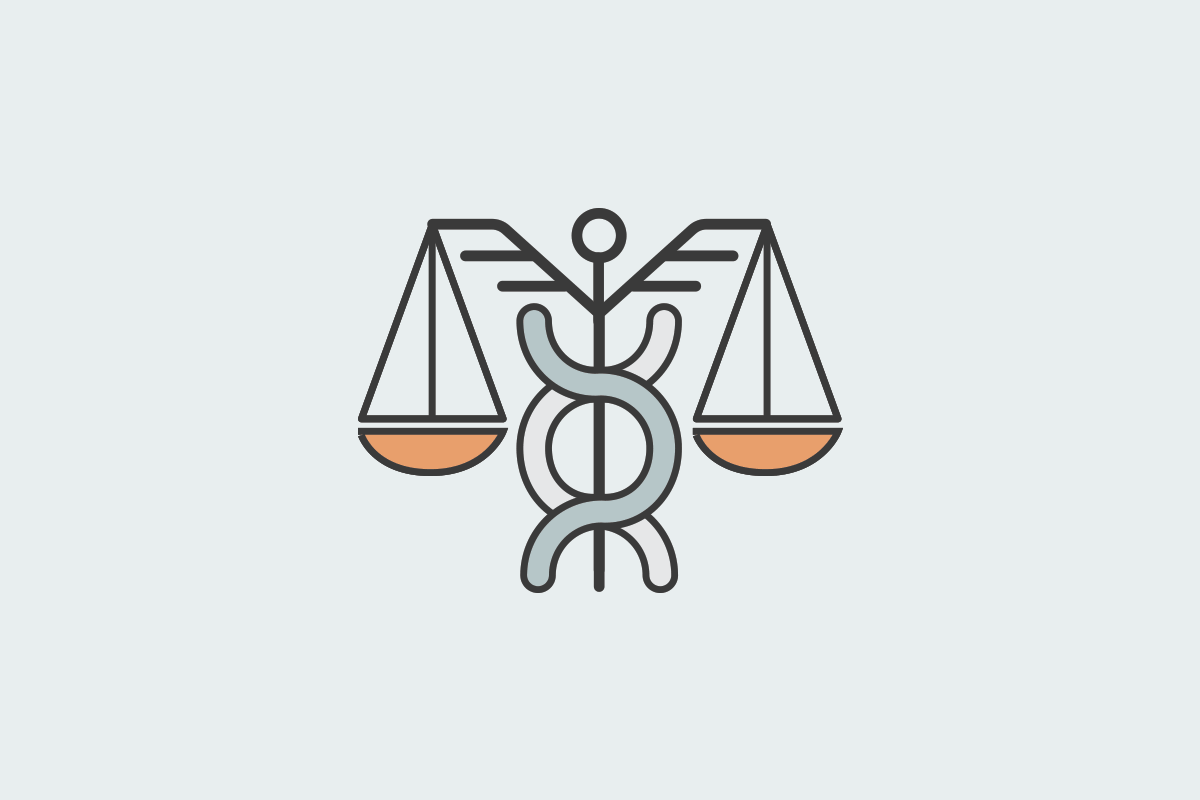During the COVID-19 pandemic, people spent a lot of time isolated and indoors, which helped foster an environment where some people now feel lonelier than ever. The result is a loss of social connectedness—the degree to which people feel the social connections and relationships in their lives to satisfy their wants and needs. When social…
Your Welcoa membership has expired.
How ERISA Fiduciary Duty Can Improve Workplace Wellness Programs
Workplace wellness professionals can always use ideas to help gain more support for effective workplace wellness programs. Previous arguments to help wellness professionals create and implement more compliant and effective wellness programs included remembering the purpose of civil rights laws and using Self-Determination Theory to reduce legal liability and improve employee engagement.
Another tool workplace wellness professionals can use to create more effective wellness programs is ERISA fiduciary duty.
What is ERISA Fiduciary Duty?
The Employee Retirement Income Security Act (ERISA) is a federal law that sets standards of conduct for those who manage employee benefit plans and their assets. According to the U.S. Department of Labor, the people who use discretion in administering and managing employee benefit plans, including group health plans, are called “fiduciaries.” Id. A plan must have at least one fiduciary, who can be a person or an entity, and that fiduciary must be named in the written plan document. Id. Typical plan fiduciaries are plan administrators, trustees, investment managers, all individuals exercising discretion in the administration of the plan, all members of the plan’s administrative committee (if it has one), and those who select committee officials. Id.Certain activities do not qualify as fiduciary activities. These activities include:
- Establishing a plan
- Determining the benefit package
- Including certain features in a plan
- Amending a plan
- Terminating a plan
So what does it mean to be an ERISA fiduciary? Well, it means that those who make decisions relating to the plan must act solely in the interest of plan participants and their beneficiaries. Id. They also must be prudent when carrying out their duties, they must follow plan documents, they must hold plan assets in trust and they must pay only reasonable plan expenses. Id. What this means in practice is that a plan fiduciary must make sure that the plan they are administering is the best plan for the participants in terms of cost and benefits. Anything less could be interpreted as a breach of fiduciary duty under ERISA, which can lead to lawsuits and penalties.
How Does ERISA Fiduciary Duty Relate to Workplace Wellness Programs?
When employers use premium surcharge incentives in the workplace wellness program, the wellness program becomes part of the employer’s group health plan. Sometimes, however, a wellness program that provides “medical care” may become its own group health plan, causing the ERISA fiduciary duty to kick in.In either case, those who make decisions about the employer’s workplace wellness program must do so in the best interests of the program participants. This may be a bit surprising, as one often hears about workplace wellness programs being designed and implemented around what the employer’s executives want, not what is necessarily in the best interests of the employee participants. Acting in the employees’ best interests is likely even more vital if the employees have high cost-sharing obligations as part of the overall group health plan. According to one article, “with cost-sharing (typically 30% of benefit costs are directly out of the employees’ pockets) and high-deductible plans becoming the norm (68% of those in self-funded plans are in high-deductible plans), employees are directly facing the consequences of employers doing a poor job of purchasing high-value health plans.” And according to this same article, wellness programs are really just a legal way to shift a significant portion of the cost of premiums onto employees deemed unhealthy. Id.
While that may be the real reason behind wellness program implementation for some employers, it does not apply to many workplace wellness programs that hire passionate wellness professionals who aim to improve employee well-being. Using ERISA fiduciary duty may arm these professionals with more legal ammunition to implement programs that can actually achieve those goals.
How Can ERISA Fiduciary Duty Help Workplace Wellness?
Because ERISA fiduciary duty requires plan administrators to act in the best interests of the plan participants, workplace wellness professionals could argue that wellness programs must be designed to meet the specific needs of the workplace. This means that the wellness program must ensure that the activities actually promote the health and well-being of the participants and are not merely used as a data collection or cost-shifting tool. Workplace wellness professionals should demand that leadership invest in quality, cost-effective programs that tackle the root causes of poor well-being. This means that employee wellness programs must be holistic and not just about lifestyle or behavior change. It also means that the individuals who deliver the wellness services must be qualified and reasonable in cost. After all, as employee share of health care costs continues to escalate, wellness program professionals must be careful stewards of the funds used to improve employee well-being.We have written recently on how to incorporate more holistic methods into workplace wellness programming through wellness-legal partnerships. You can read more about that idea here. But the most important lesson from ERISA fiduciary duty is that a wellness program must be in the employee participants’ best interests. They must feel like their dollars used for health and wellness through their employer is money well spent. Workplace wellness has a lot to do in order to reach that point.
If you have questions about wellness program compliance, visit the WELCOA Legal Help Desk or if you’re looking for further legal guidance, contact the Center for Health and Wellness Law, LLC.

Barbara J. Zabawa
President of the Center for Health and Wellness Law, LLC
wellnesslaw.com
Health Promotion Program Legal Updates*
Live event on December 14 at 10 am CT.
*This is an exclusive WELCOA Member Resource.




